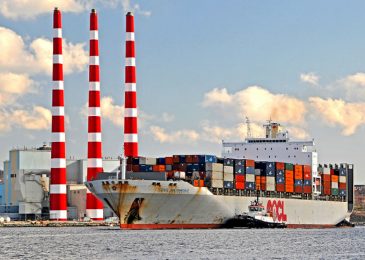“In normal times we’re talking about guys who work for nine months straight, at very low wages. Now with COVID-19 we’ve got workers that have been on board ships for 13 or 14 months. They’re all trapped and they can’t get home to the Philippines, they can’t get home to India, to the Ukraine,” says Karl Risser, an International Transport Workers Federation (ITF) inspector here in Nova Scotia. .“It’s getting desperate. We’ve heard reports of seafarers jumping overboard, seafarers fighting, massive tension on board, because no one knows for how long they will be stuck there.”










